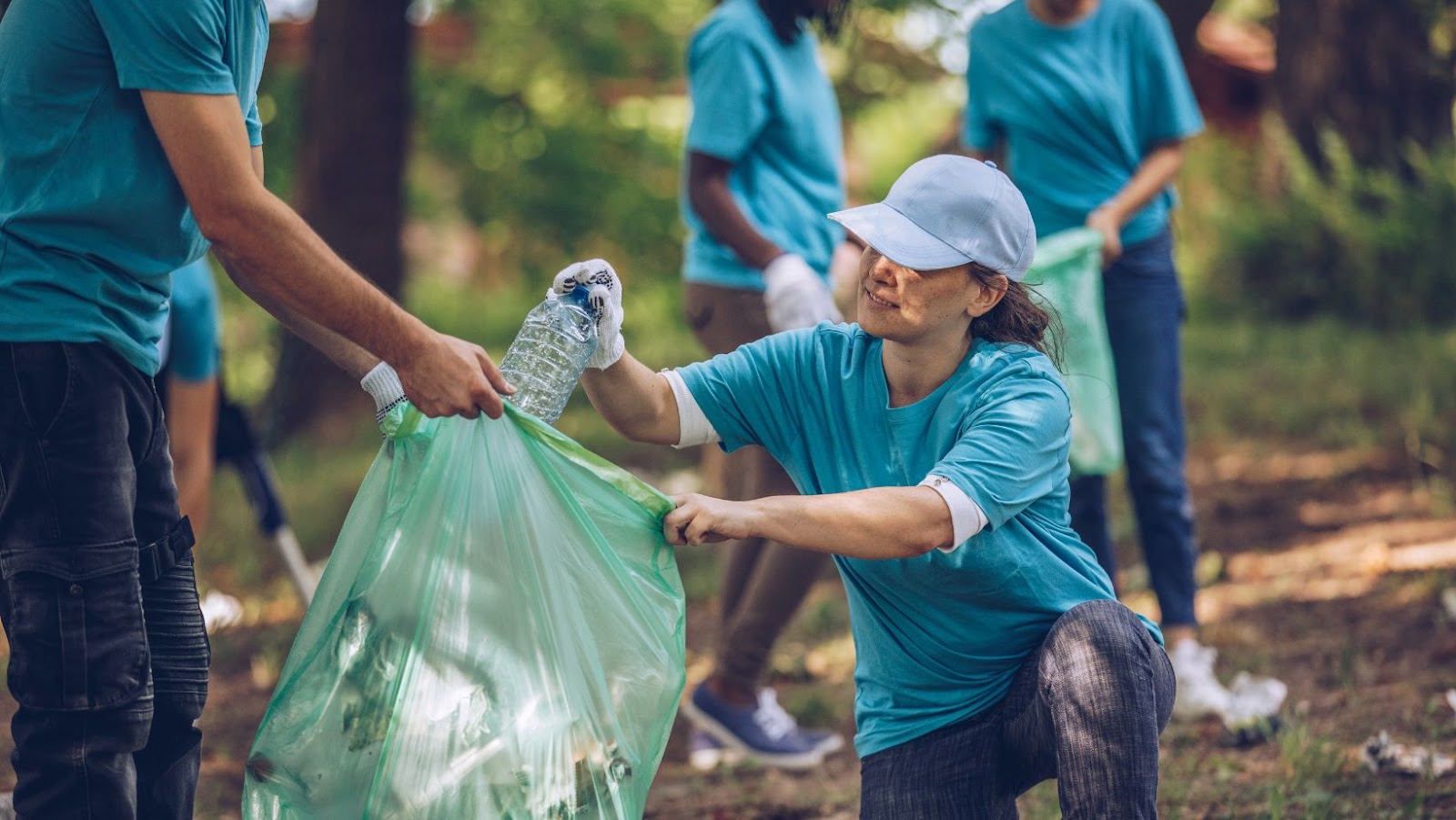Living a more sustainable life generally entails avoiding doing anything that would contribute to the planet’s continued decline. This is what it means to “go green.” Going green is primarily concerned with conserving energy resources and protecting our environment. In a perfect world, every home would have solar panels, great recycling processes, and recycled furnishings. On a larger scale, however, this is extremely unlikely.
It is a brilliant initiative to encourage young people to develop healthy habits and a fun method to encourage students to go green.
Anyone, though, can try to live as sustainably as they can. It includes recycling, being mindful of water and power usage, and attempting to drive less frequently. These are the fundamentals that anyone can start with, but there are also other methods to live more sustainably.
How Are Universities Doing With Green Initiatives?
The above-described fundamental components of green conduct are being implemented in numerous colleges. Many institutions offer bike rental programs to encourage students who live off-campus to utilize bicycles rather than motorized vehicles. Some dormitories feature devices that automatically switch off the electricity when a person leaves the room. Digital notes are required at several colleges. In addition to that, many schools encourage students to do their homework on their laptops and submit it via email. This way, students can also use online grammar checkers or essay writing services to do my assignments and earn better grades.
Of course, they also offer general instruction on environmental issues, sustainable living, and suitable rubbish recycling facilities. Some institutions go one step further and hold competitions amongst the dorms where the dorm that uses the least amount of resources (water, electricity, etc.) and creates the least amount of trash wins. It is a brilliant initiative to encourage young people to develop healthy habits and a fun method to encourage students to go green.
How Can I Become Greener?
It is a typical query from students. Some of them are ready to give up their comforts to live a more environmentally friendly life. In contrast, others eventually give up because it can be challenging. Below, we provide some quick and simple recommendations to help you go green without wasting time or money.

Recycle
The most crucial step for turning green is recycling. You need to put the right item in the correct bin because your school likely has all the necessary recycling equipment, including appropriate containers and other things. Recycling is a straightforward action you can take to help the environment. Never toss loose paper or plastic that accumulates in your pockets. Wait to rid of it until you locate the proper bins.
Utilize Less Paper
Paper is used a lot by students. But thanks to technological improvements, it doesn’t need to anymore. Use your laptop, tablet, or smartphone to take notes. Just read the digital notes you likely already have instead of printing them out. There are also many educational apps you can access from your phone or laptop, for example, grammar checkers, citation tools, paper writing services like DoMyEssay, etc. Writing services can be particularly helpful, so check these DoMyEssay reviews and pick a writer to help you deal with your assignments.
You can also obtain the textbooks from the library or buy used copies that other students don’t need anymore. Additionally, it costs a lot less than purchasing or printing. Use recycled paper in case you do need to print.
Walk and Cycle More
Cycling and walking can be beneficial for both the environment and your health. Doing this allows you to save the earth and keep in shape without having to work out or purchase an expensive gym membership and achieve two goals simultaneously. You can also use public transit if you want to save the world without taking more time to get to school.

Shop Wisely
The key to maintaining a clean and healthy environment is smart shopping. For instance, why not use ordinary utensils instead of plastic ones or bring some from home? Without wasting anything, you can wash and reuse them. Another option is purchasing reusable water bottles, bags, and other items. And if you shop at thrift stores and hunt for discounts for students, you can save a lot of money.
Reduce Water Waste
One of the largest issues on campuses is water waste. While most students learn proper water conservation techniques while living at home with their parents, once they go to college, most completely forget those guidelines. You should, however, resume water conservation. Limit your showers to five minutes, for instance, and turn off the water when you are getting ready in the morning or doing anything similar.
Paper is used a lot by students. But thanks to technological improvements, it doesn’t need to anymore. Use your laptop, tablet, or smartphone to take notes. Just read the digital notes you likely already have instead of printing them out.
Unplug
About five devices are carried around by the typical college student. Just think about how much electricity you use daily, especially if you leave them plugged in for longer than necessary or charge them overnight. Instead, unplug your gadgets whenever you can, and never leave them charging overnight because this wastes resources and degrades the quality of your battery life. Devices charge quickly.
Conclusion
It’s crucial to live sustainably while in college for various reasons. The environment benefits, money is saved, and it’s a terrific way to meet new people. You have no reason not to attempt since these simple suggestions for living more sustainably are available. Even though going green in college can be challenging, it is not impossible.
















